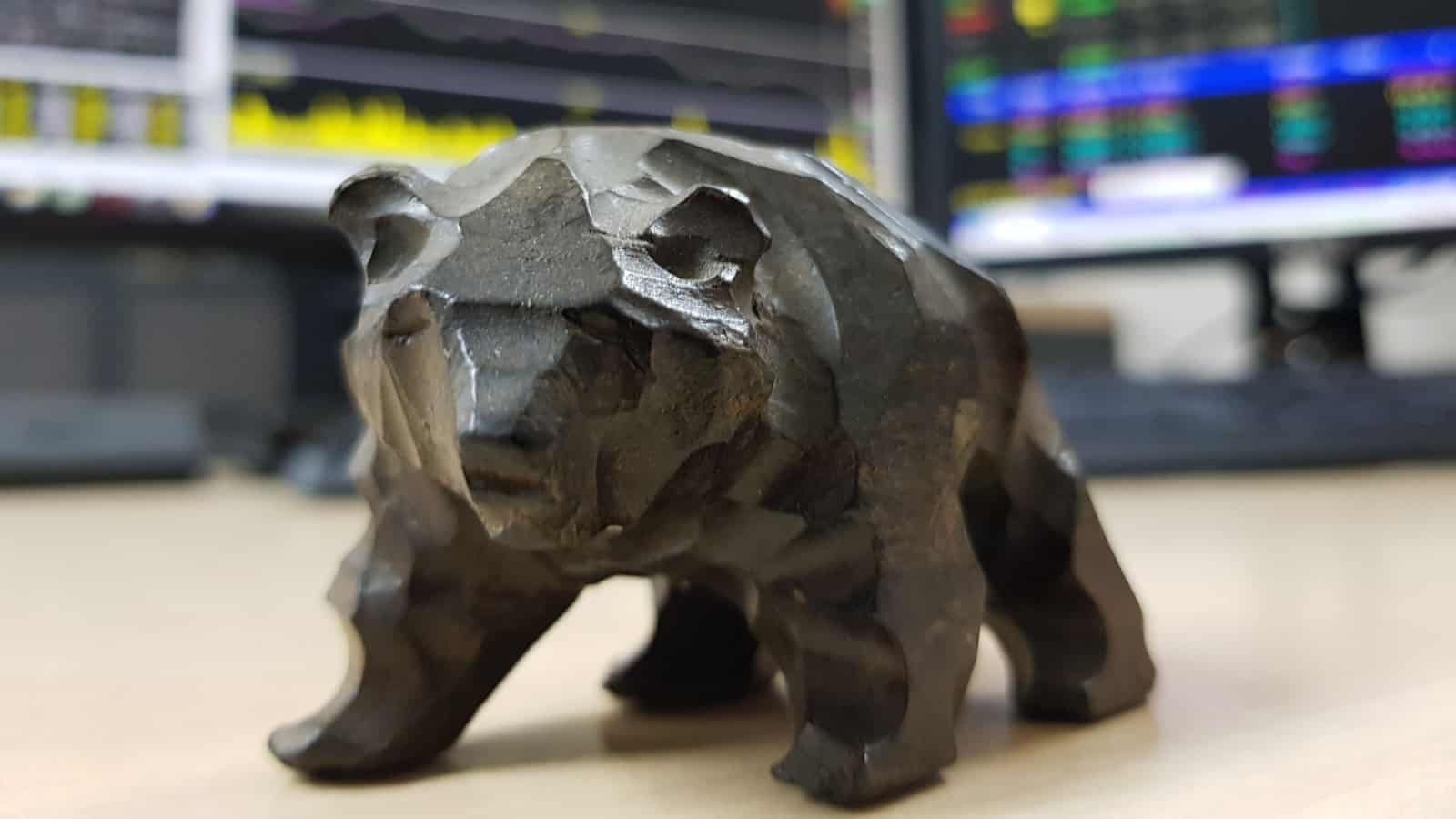In the USA, both the S&P 500 and the Nasdaq are in bear market territory. A bear market is often taken to mean a 20% fall. That’s either from a recent peak, or over a set period of time.
But generally, investors tend to think of any sustained upwards run as a bull market. And any significant downwards spell is a bear market. Typically, the average bull market has lasted around five years. The average bear, meanwhile, continues for a little more than a year.
Might long-term investors be better of if that was the other way round, with more falls than rises? Wouldn’t we have more opportunities to buy cheap shares?
To answer that, I can’t think of anything better than looking at how the billionaire boss of Berkshire Hathaway, Warren Buffett, deals with stock market falls.
In the few weeks after the Covid-19 pandemic struck, the S&P 500 fell 30%. The recovery was surprisingly fast, with the index regaining its ground by August. The FTSE 100 took quite a bit longer, mind.
What happened the next year, in 2021? The S&P 500 gained 28.7%, while Buffett’s Berkshire Hathaway slightly bettered it with 29.6%. Buying shares while they were depressed by the pandemic was clearly a good plan.
Major bear market
But that’s nothing compared to the carnage resulting from the the financial crash, which kicked off in 2007. Between a high point in October that year, and the beginning of March 2009, the S&P 500 crashed by a whopping 56%.
Berkshire Hathaway suffered too, albeit with a softer fall of 32%. Now what do we see if we wind forward a decade? From the depths of the banking crash in 2009, the S&P 500 had gained 280% by the same point in 2019. Buffett’s shareholders did a bit better on 290%, and they’d started from a significantly lower initial fall.
Just like the Covid market slump, the financial crash provided investors with a great time to buy. And those who were panicking and selling while shares were down? Well, we can see what they missed.
Fear and greed
Buffett is famed for buying heavily when he sees great companies unfairly marked down. In his 1986 letter to Berkshire Hathaway shareholders, he explained how he avoids trying to time the market bottoms. Instead, he said: “Our goal is more modest: we simply attempt to be fearful when others are greedy and to be greedy only when others are fearful.“
That approach to bear markets has served Buffett, and his shareholders, well.
From Buffett taking control of Berkshire Hathaway in 1965 up to the end of 2021, the S&P 500 managed a total return (including dividends) of more than 30,000%. Berkshire, meanwhile, soared by a total of 3.6 million percent!
We’re not all going to be as good as Buffett. But even investors who make regular purchases in an index tracker will benefit from bear markets over the long term. The simple truth is that when markets are down, we can buy more shares for the same money.







